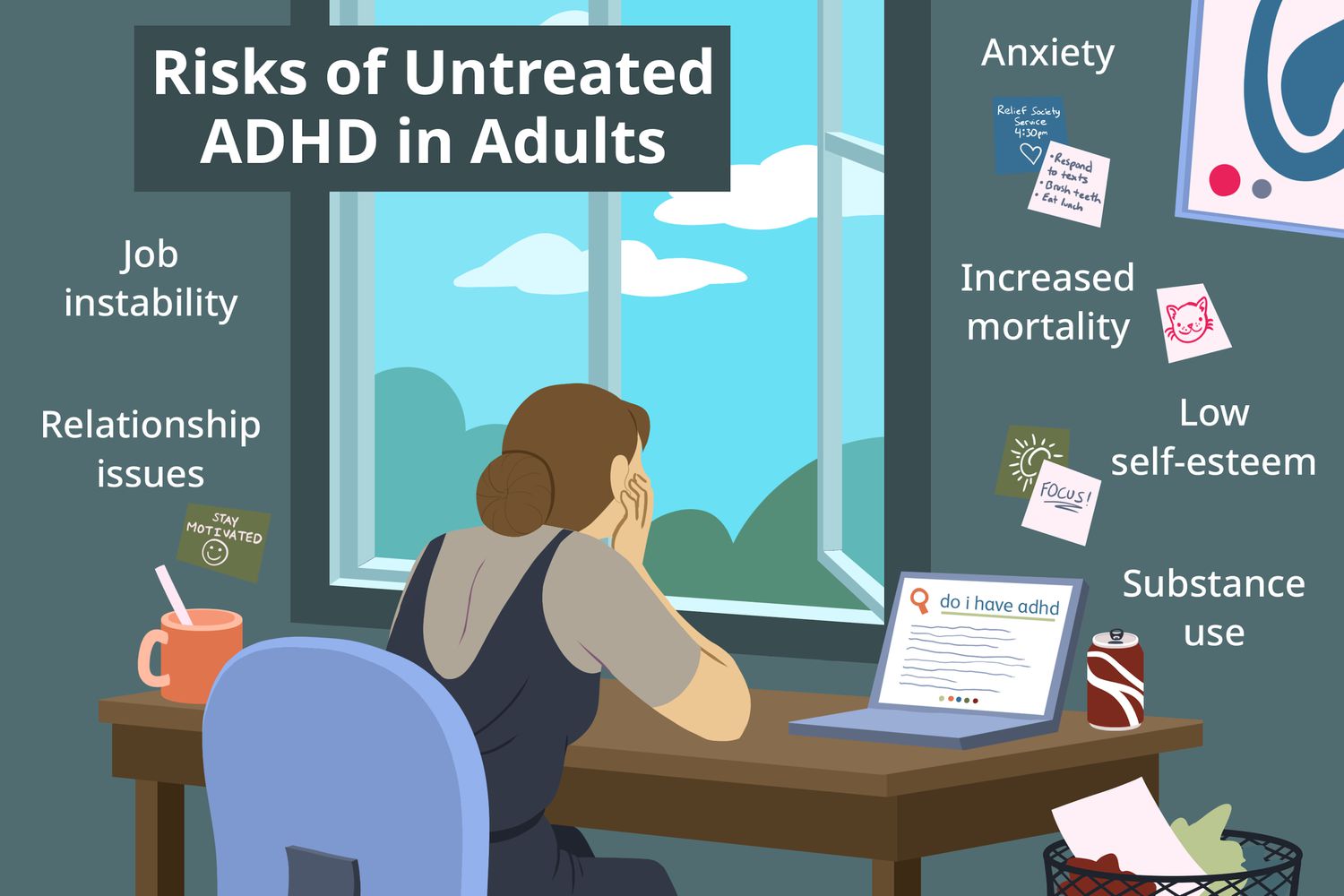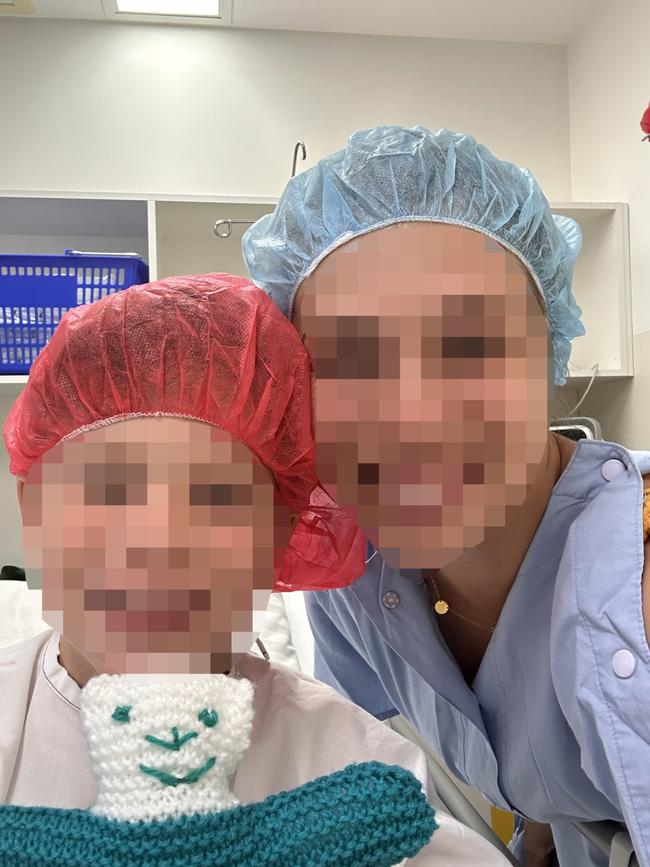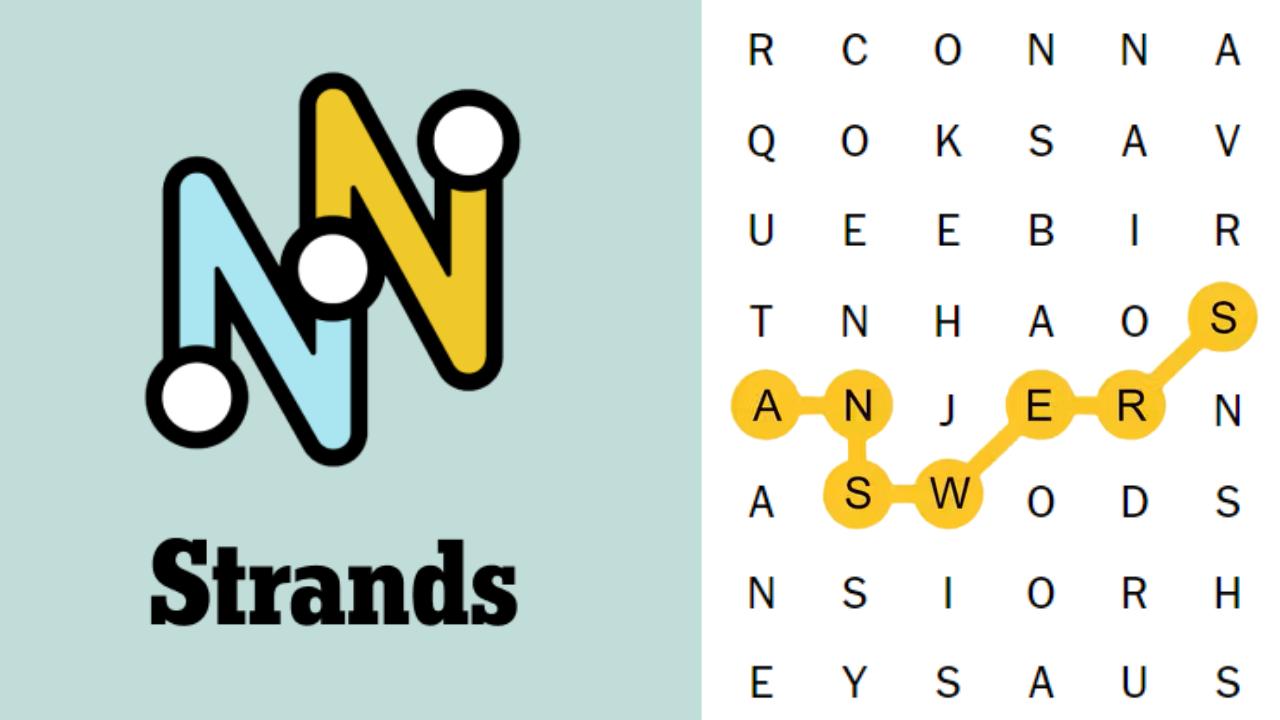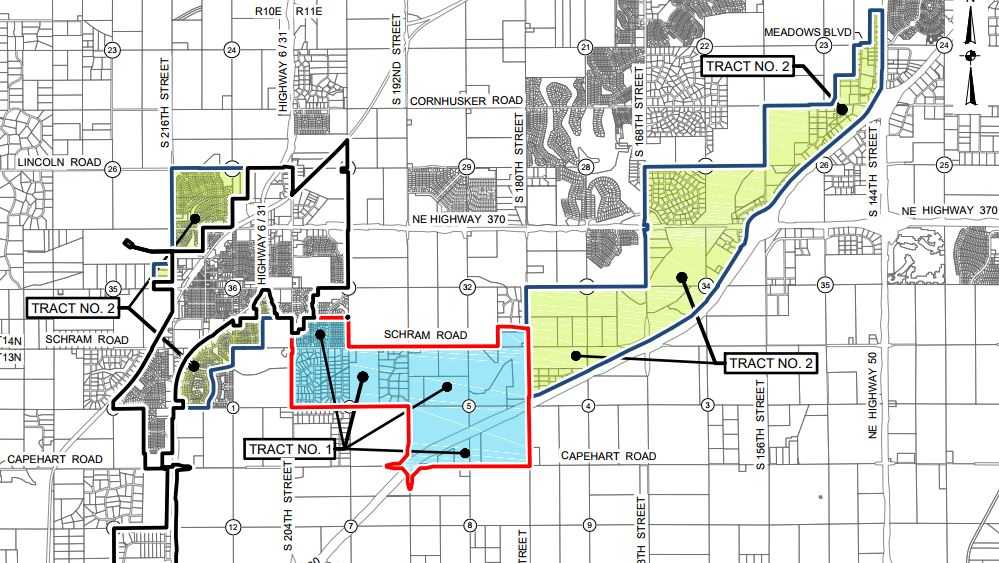8 Unexpected Signs Of ADHD In Adults: Beyond Hyperactivity

Table of Contents
Emotional Dysregulation and Adult ADHD
The link between ADHD and emotional volatility is strong. Adults with ADHD often experience difficulty regulating their emotions, leading to significant distress. This emotional dysregulation isn't simply about feeling emotions more intensely; it's about the inability to manage those emotions effectively.
- Increased irritability and frustration: Minor inconveniences can trigger disproportionately strong feelings of anger and annoyance.
- Difficulty managing anger: Outbursts of anger, even over seemingly trivial matters, are common.
- Intense emotional reactions to minor stressors: Everyday challenges can feel overwhelming, leading to amplified emotional responses.
- Feelings of overwhelm and anxiety: A constant sense of being overwhelmed, coupled with heightened anxiety, is frequently reported.
Imagine someone with ADHD reacting to a spilled cup of coffee with intense frustration and anger, far exceeding a typical reaction. This illustrates the disproportionate emotional response characteristic of adult ADHD.
Chronic Procrastination and Time Management Struggles
Procrastination and poor time management are frequently overlooked ADHD symptoms. The difficulty isn't necessarily laziness; it stems from executive function challenges, impacting the ability to plan, organize, and prioritize.
- Difficulty prioritizing tasks: Deciding what to tackle first can feel paralyzing, leading to avoidance.
- Leaving projects until the last minute: The pressure of deadlines sometimes fuels a short burst of productivity, but it's rarely sustainable.
- Feeling overwhelmed by deadlines: Large tasks can seem insurmountable, resulting in procrastination and avoidance.
- Inability to break down large tasks into smaller, manageable steps: This lack of task breakdown makes large projects feel insurmountable.
Improving time management requires strategies like using time-blocking techniques, breaking down tasks, and utilizing productivity apps.
Difficulties with Focus and Attention (Beyond Hyperactivity)
While hyperactivity is a hallmark of ADHD in some, many adults experience subtle inattention challenges. This isn't simply daydreaming; it's a persistent struggle to maintain focus on tasks demanding sustained mental effort.
- Difficulty sustaining focus on tasks requiring sustained mental effort: Reading a book, completing paperwork, or engaging in lengthy conversations can prove challenging.
- Frequent mind-wandering: Thoughts drift easily, interrupting concentration and productivity.
- Problems with organization and details: Overlooking crucial details, missing appointments, or losing important items are common occurrences.
- Losing track of conversations or trains of thought: Difficulty following conversations or remembering what was just discussed.
The difference lies in the frequency and intensity of these lapses. Typical daydreaming is occasional, while ADHD-related attention issues are pervasive and disruptive.
Impulsivity and Poor Decision-Making in Adults with ADHD
Impulsivity is another hallmark of ADHD, often leading to poor decision-making. This isn't about lacking intelligence; it's about a reduced ability to control impulses and consider long-term consequences.
- Making quick decisions without considering consequences: Acting without thinking, often leading to regret.
- Engaging in risky behaviors: Impulsive behaviors can manifest as substance abuse, reckless driving, or other risky activities.
- Difficulty controlling impulses: The urge to act immediately often overrides rational thought.
- Interrupting others frequently: Difficulty waiting one's turn to speak, often disrupting conversations.
This impulsivity can negatively affect finances, relationships, and overall well-being.
Relationship Challenges and Social Difficulties
ADHD can significantly impact interpersonal relationships. Challenges in communication, emotional regulation, and impulsivity contribute to relationship difficulties.
- Difficulty maintaining close relationships: Consistent effort is often required to maintain healthy relationships.
- Frequent arguments with partners or family members: Misunderstandings and emotional outbursts can strain relationships.
- Problems with communication: Difficulty expressing needs, listening attentively, and understanding non-verbal cues.
- Social isolation or feelings of loneliness: Social interactions can feel overwhelming, leading to avoidance and isolation.
Improved communication skills and relationship counseling can help mitigate these challenges.
Restlessness and an Inability to Relax
A frequently overlooked symptom is constant restlessness, even when physically still. This isn't merely fidgeting; it's a pervasive feeling of unease and an inability to unwind.
- Feeling antsy or fidgety even when physically still: An internal sense of unease, even when sitting still.
- Difficulty relaxing or unwinding: Finding it hard to switch off and relax after a long day.
- Constant need for stimulation: A persistent need for external stimulation to alleviate feelings of restlessness.
- Trouble falling asleep or staying asleep: Difficulty quieting the mind and falling asleep, or staying asleep throughout the night.
While related to hyperactivity, this restlessness presents more subtly, often manifesting as internal unease rather than overt physical activity.
Low Self-Esteem and Feelings of Inadequacy
The cumulative effect of ADHD symptoms can lead to low self-esteem and feelings of inadequacy. Repeated failures to meet self-imposed expectations contribute to negative self-perception.
- Feeling inadequate or incompetent: Experiencing persistent feelings of not measuring up to standards.
- Negative self-talk: Engaging in self-criticism and negative self-assessment.
- Difficulty accepting imperfections: Holding oneself to impossibly high standards.
- High levels of self-criticism: Being overly critical of one's actions and shortcomings.
Cognitive behavioral therapy (CBT) and self-compassion practices can help manage these feelings and improve self-perception.
Disorganization and Clutter as a Sign of Adult ADHD
Disorganization and clutter are strongly linked to adult ADHD. This isn't simply a matter of laziness; it's a consequence of challenges with executive function and time management.
- Difficulty keeping things organized: Struggling to maintain order in personal spaces and belongings.
- Chronic disorganization at home and work: A persistent pattern of disorganization impacting various aspects of life.
- Losing things frequently: Misplacing items due to poor organizational habits.
- Procrastination in organization-related tasks: Putting off tasks like cleaning, filing, or organizing.
Implementing organizational systems and strategies, such as decluttering and using visual aids, can significantly improve this aspect.
Recognizing and Addressing the Signs of Adult ADHD
This article has highlighted eight unexpected signs of adult ADHD, illustrating that the condition presents far more subtly than commonly perceived. These signs, ranging from emotional dysregulation to disorganization, can significantly impact quality of life. If you recognize several of these symptoms in yourself, it's crucial to seek professional help. An accurate diagnosis of adult ADHD can pave the way for effective treatment strategies, such as medication, therapy, or a combination of both. Take the first step towards managing your adult ADHD. Learn more about diagnosing and treating adult ADHD today. [Link to relevant resources]

Featured Posts
-
 Eligibility Of A Convicted Cardinal To Participate In The Papal Conclave
Apr 29, 2025
Eligibility Of A Convicted Cardinal To Participate In The Papal Conclave
Apr 29, 2025 -
 Tik Tok And Adhd Misdiagnosis Concerns
Apr 29, 2025
Tik Tok And Adhd Misdiagnosis Concerns
Apr 29, 2025 -
 Solve The Nyt Spelling Bee February 12 2025 Hints And Solutions
Apr 29, 2025
Solve The Nyt Spelling Bee February 12 2025 Hints And Solutions
Apr 29, 2025 -
 Test Porsche Cayenne Gts Coupe Czy Spelnia Oczekiwania
Apr 29, 2025
Test Porsche Cayenne Gts Coupe Czy Spelnia Oczekiwania
Apr 29, 2025 -
 Nyt Spelling Bee February 28 2025 Find The Spangram
Apr 29, 2025
Nyt Spelling Bee February 28 2025 Find The Spangram
Apr 29, 2025
Latest Posts
-
 Summer 2025s Must Have Slides Style Comfort And Performance
Apr 30, 2025
Summer 2025s Must Have Slides Style Comfort And Performance
Apr 30, 2025 -
 Federal Funding Cuts Devastate Trump Country
Apr 30, 2025
Federal Funding Cuts Devastate Trump Country
Apr 30, 2025 -
 Top Summer Slides 2025 Reviews And Recommendations
Apr 30, 2025
Top Summer Slides 2025 Reviews And Recommendations
Apr 30, 2025 -
 The Best Slides For Summer 2025 A Comprehensive Guide
Apr 30, 2025
The Best Slides For Summer 2025 A Comprehensive Guide
Apr 30, 2025 -
 Legislators Voice Reservations About Gretnas Proposed Mega Project
Apr 30, 2025
Legislators Voice Reservations About Gretnas Proposed Mega Project
Apr 30, 2025
